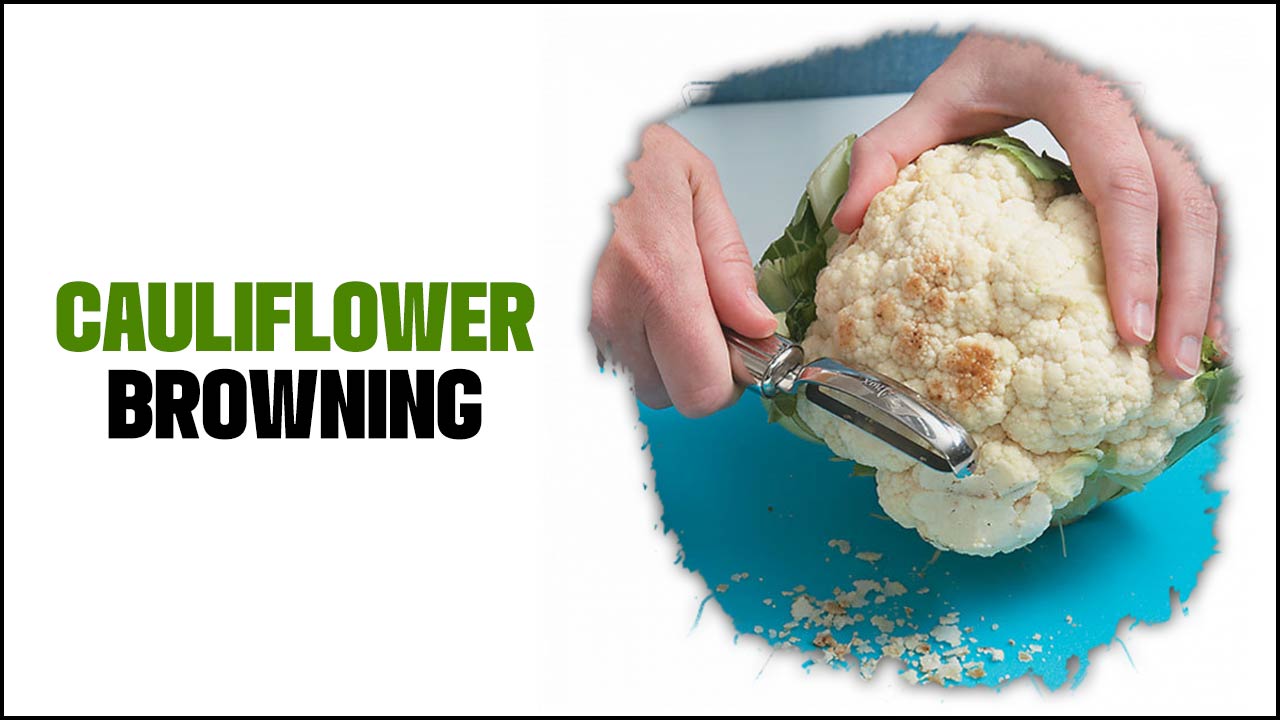Does Urine Carry Disease? Understanding Risks And Pathogens

Does Urine Carry Disease?
Urine is mostly water, but it can carry germs. Some diseases spread through urine, like leptospirosis. This can happen when someone comes into contact with infected water or soil. It’s surprising to think that many people ignore potential risks. So, what happens if you touch contaminated urine? You could get sick! Remember, staying clean is important. Washing hands and avoiding contact can help keep you safe from these germs and diseases.The Composition of Urine
Breakdown of urine constituents: water, urea, creatinine, and electrolytes. How the body processes and excretes waste.Urine is mostly made of water, about 95%. The rest includes important substances. One key part is urea, a waste product from breaking down proteins. Another is creatinine, which comes from muscles. Additionally, urine contains electrolytes like sodium and potassium, which help keep the body’s balance. The body removes these waste products through the kidneys. It filters blood, then sends the clean part back into the body and leaves urine to be excreted.
What is in urine that shows disease?
Doctors can check urine for sugars, proteins, or bacteria. These can point to problems like diabetes or infections.
- Urea: Waste from protein breakdown.
- Creatinine: A marker of muscle activity.
- Electrolytes: Help balance fluids in the body.
Common Diseases Associated with Urine
Types of infections: urinary tract infections (UTIs) and sexually transmitted infections (STIs). Other health conditions detectable through urine analysis.Urine can be a sneaky tool for spotting health issues. One common problem is a urinary tract infection (UTI). These pesky infections can make you feel rushed to the bathroom all the time! Another concern is sexually transmitted infections (STIs) that can also show up in urine. Plus, a simple urine test can help find other conditions, like kidney disease or diabetes. Talk about multitasking! Below is a quick look at these health concerns:
| Type of Condition | Symptoms |
|---|---|
| UTIs | Burning sensation during urination, frequent urge to pee |
| STIs | Unusual discharge, burning or itching |
| Kidney Disease | Swelling, fatigue, changes in urine color |
| Diabetes | Frequent urination, excessive thirst |
Always keep an eye on those pee signals! Your body loves to talk, even when it’s a bit shy.
Transmission of Diseases Through Urine
Understanding infectious agents: bacteria, viruses, and parasites. Scenarios of risk: direct contact, contaminated surfaces, and public restrooms.Many germs can live in urine. These germs include bacteria, viruses, and parasites. You can get sick if you touch urine directly or touch surfaces that have urine on them. Public restrooms can be especially risky. Always wash your hands after using them. Here are some ways to stay safe:
- Avoid direct contact with urine.
- Clean any spills immediately.
- Use toilet paper or a barrier when touching public surfaces.
Can urine spread diseases?
Yes, urine can spread diseases. It can carry germs that make people sick, especially if they touch it or surfaces contaminated with it.
Urine Testing and Diagnosis
Importance of urinalysis in diagnosing diseases. Common tests and what they reveal about health.Urine tests are important for finding out how healthy we are. These tests help doctors spot diseases early. For example, they can reveal signs of diabetes or infections. Common urine tests include:
- Dipstick test: checks for blood or sugar.
- Microscopic exam: looks for cells or crystals.
- Culture test: finds bacteria causing infections.
These results give doctor clues about our health. Keeping track of urine health can help us stay safe.
What diseases can urine tests find?
Urine tests can find diabetes, urinary infections, and kidney issues. They give a clear picture of what’s happening inside the body.
Myths and Misconceptions About Urine and Disease
Dispelling common myths related to urine transmission. Public myths vs. scientific evidence: what you need to know.Many myths exist about urine and disease. Some people believe urine can spread germs or serious illnesses. However, studies show that urine is usually clean and not a major health risk. Let’s look at some common myths:
- **Myth 1**: Urine carries diseases like HIV. Fact: Urine does not carry HIV or other blood-borne diseases.
- **Myth 2**: You can get sick from touching urine. Fact: Urine is mostly made of water and is sterile.
- **Myth 3**: Using urine as a medicine is safe. Fact: This can be harmful and is not recommended.
Understanding these facts helps clear confusion. Science shows we should not fear urine when it comes to health.
Can you get diseases from urine?
No, urine itself is not a source of disease transmission.
Preventative Measures and Hygiene Practices
Tips for reducing the risk of urinary infections. Proper hygiene practices to minimize exposure to urinerelated diseases.Staying healthy is all about being smart and clean! To keep urinary infections at bay, wash your hands often with soap. It’s like giving them a tiny bubble bath! Use the bathroom right after you feel the urge; holding it in is never a good idea. Always wipe from front to back, because nobody likes a mess! Here are some other helpful tips:
| Tip | Description |
|---|---|
| Stay Hydrated | Drinking water helps flush out bad stuff! |
| Wear Cotton Underwear | Cotton is breathable and helps keep things dry. |
| Limit Irritants | Stay away from strong soaps and sprays down there. |
Remember, a clean routine can keep those pesky diseases away. Prevention is key! Let’s keep it fresh and fun.
What to Do If You Suspect an Infection
Symptoms to watch for and when to seek medical attention. Recommended tests and potential treatment options.If you think you have an infection, pay attention to your body. Common signs include:
- Pain or burning during urination
- Frequent urge to go
- Cloudy or strong-smelling urine
- Back pain or fever
See a doctor if you notice any of these symptoms. They might do tests to check for infection. Treatment often includes antibiotics to help you feel better quickly.
What tests will the doctor perform?
The doctor may conduct a urine test to look for germs or blood.
How are infections treated?
If the test shows an infection, antibiotics are usually given. Drink plenty of water to help your body heal. Remember, it’s important to finish all medicine as directed.
Further Research and Emerging Studies
Recent findings regarding urine and disease transmission. Areas of ongoing research and unexplored topics in urology.Scientists are diving deep into how urine can relate to disease. Recent studies show that while urine itself is usually safe, some germs can hitch a ride. This means urine can possibly transmit infections in certain conditions. Researchers are exploring areas like how diseases spread and if urine tests can help catch illnesses early. Exciting breakthroughs are brewing, much like a science experiment gone wild! Who knew that pee could be the star of the show?
| Area of Research | Key Findings |
|---|---|
| Infection Transmission | Urine can carry germs. |
| Early Disease Detection | Urine tests could become powerful tools. |
| Germ Behavior | Studying how germs survive in urine. |
Conclusion
In conclusion, urine can carry diseases if it contains harmful germs. It’s important to wash your hands after using the bathroom to stay healthy. Avoid contact with urine from sick individuals. If you’re curious about this topic, consider reading more about germs and hygiene. Remember, taking small steps can help you stay safe and healthy every day!FAQs
Can Urine From An Infected Person Transmit Diseases To Others Through Contact Or Contaminated Surfaces?Yes, urine from an infected person can spread diseases. If you touch something that has their urine on it, you could get sick. It’s important to wash your hands after using the bathroom and to clean surfaces. Always be careful around urine, especially if someone is not feeling well. Staying clean helps keep us all healthy!
What Common Pathogens Can Be Found In Urine, And How Do They Pose A Risk To Health?Common germs in urine include bacteria like E. coli, which can cause urinary tract infections. These germs can make you feel sick, causing pain when you pee and sometimes fever. If not treated, these infections can spread and lead to more serious health problems. It’s important to drink water and keep clean to stay healthy!
How Can Urine Analysis Help In Diagnosing Urinary Tract Infections And Other Diseases?Urine analysis checks your pee for signs of problems. When you have a urinary tract infection, there might be bacteria, blood, or extra white blood cells in your urine. Doctors look for these signs to help them know if you are sick. It can also help find other diseases by showing unusual substances. This test is quick and helps doctors figure out what’s wrong.
Are There Specific Conditions Under Which Urine Can Become A Biohazard, And What Precautions Should Be Taken In Such Cases?Yes, urine can be a biohazard if it has germs or comes from someone sick. This can happen if someone has an infection. If you see urine in public or a place where it shouldn’t be, stay away. We should wear gloves and use a cleaner if we have to touch it. Always wash your hands afterward to stay safe!
Does Urine Carry Any Sexually Transmitted Infections (Stis), And What Are The Implications For Sexual Health?Yes, urine can carry germs that cause sexually transmitted infections (STIs). This means that if someone has an STI, it might be in their urine. If you share urine in any way, you could get sick too. It’s important to be careful and stay healthy by talking to trusted adults about STIs. Always practice good hygiene to protect yourself and others.








